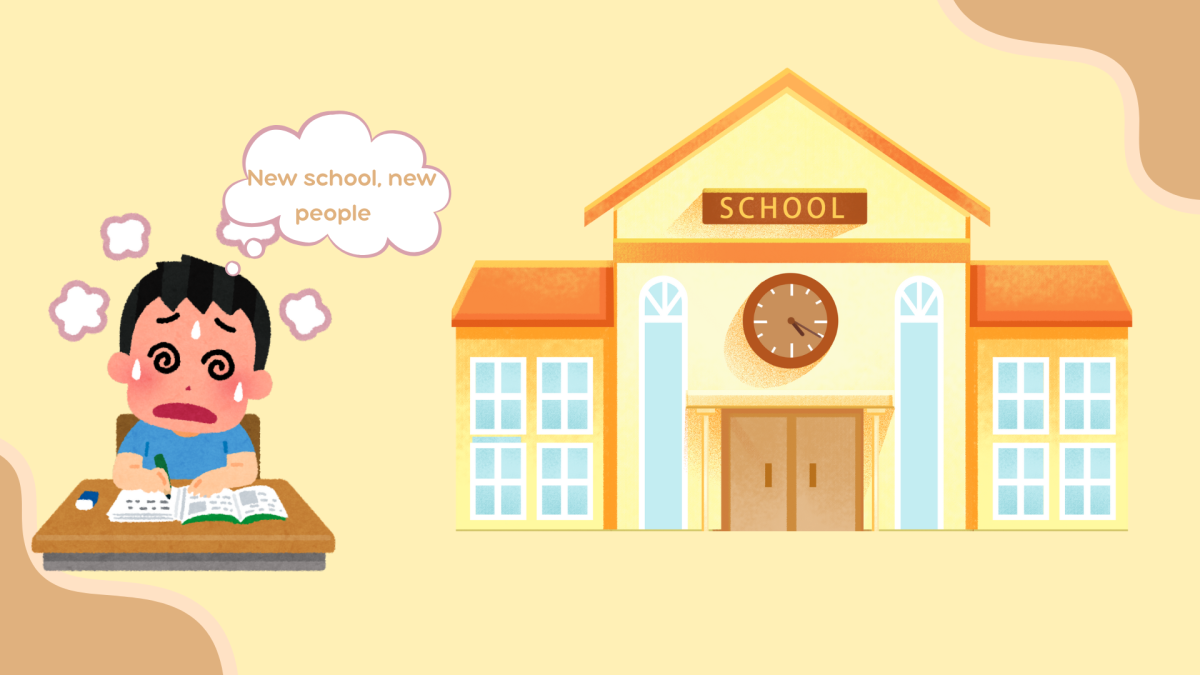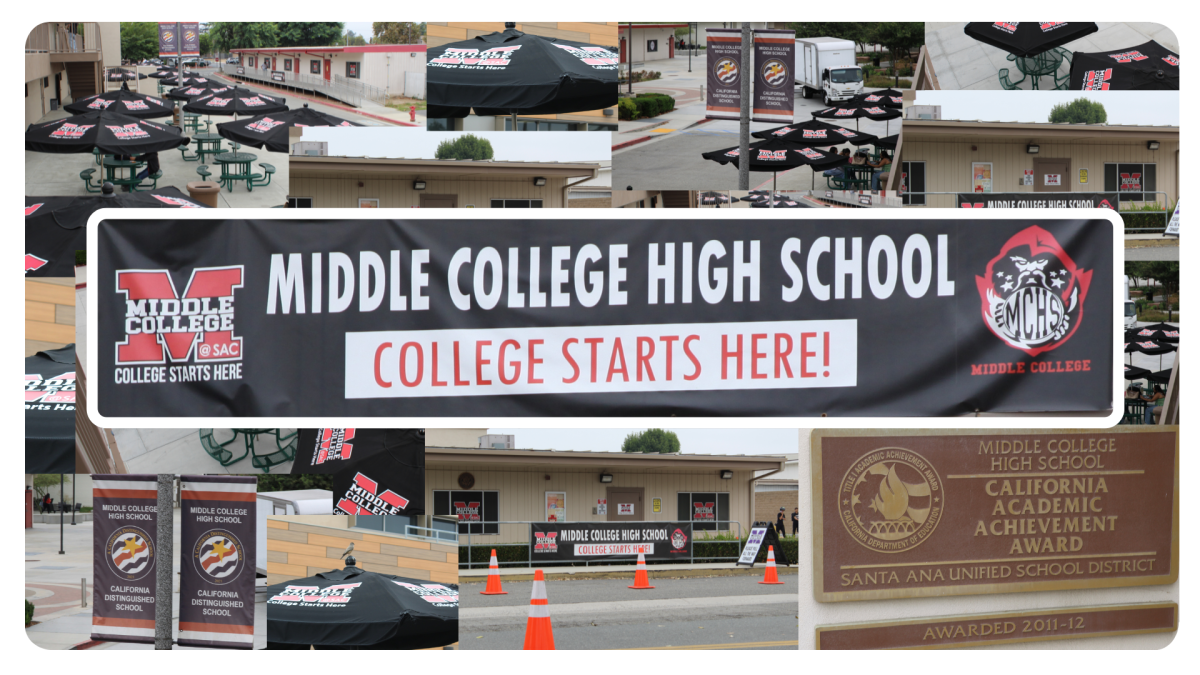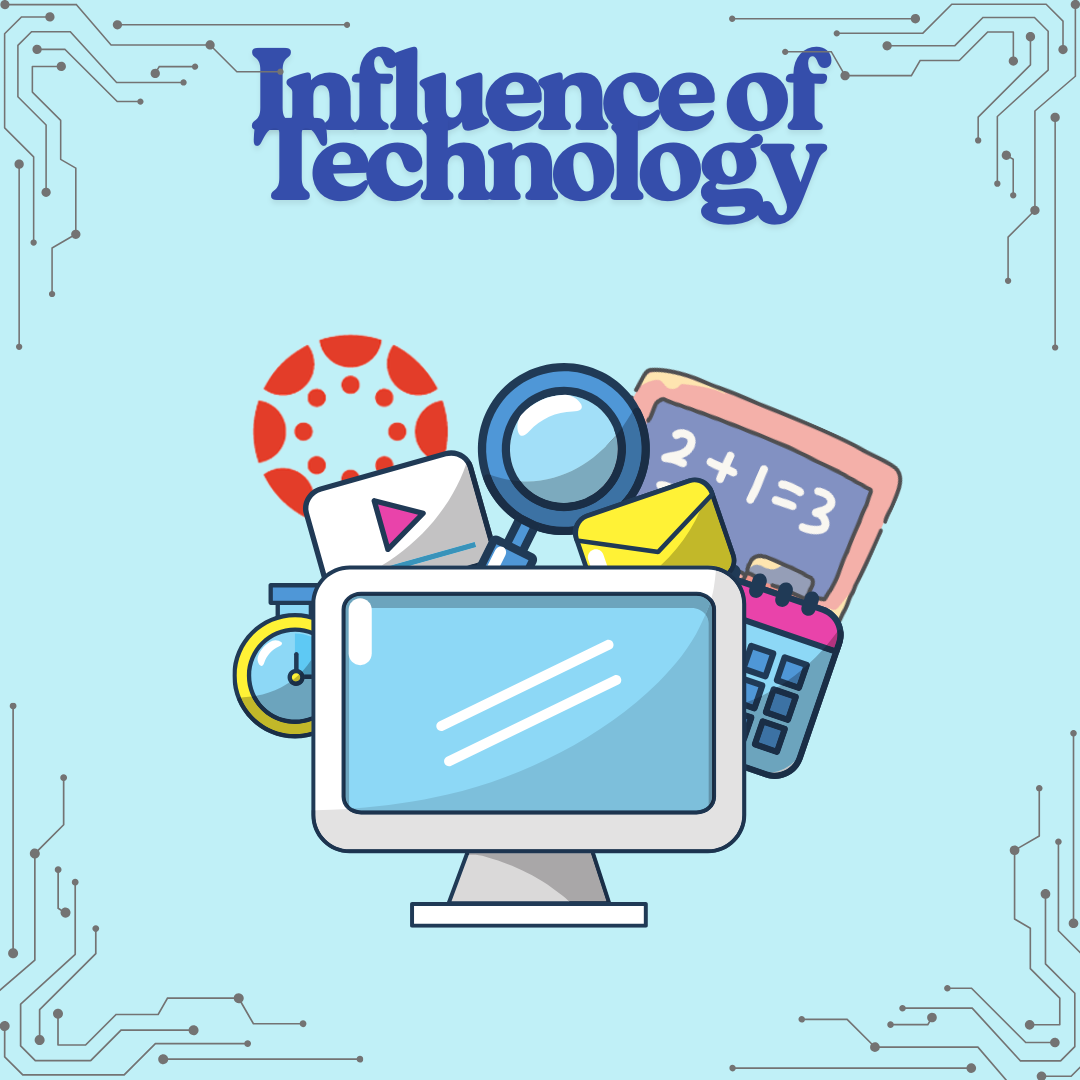Picture a student lost in the pages of a book—what drives this exploration, and what do they gain from it? With 129 million books available worldwide, young readers aren’t just flipping pages for fun. They seek adventure, knowledge and growth. What drives their choices, and how does reading shape their minds?
As of 2024, reading enjoyment levels have decreased by 8.8 percentage points.With the rise of social media platforms, young people are spending more time on their devices, leading to a decline in reading habits. This article explores why reading is beneficial and examines the positive impacts on students who continue to engage in regular reading.
Reading can improve academic performance by enhancing vocabulary, writing abilities and information gathering. Reading elevates brain activity, ultimately boosting your creativity and expanding your capacity to learn.
Freshman Juliette Vargas shares how reading benefits her.
“The benefits of reading include increased vocabulary, grammar and comprehension skills. Additionally, it allows insight into important events and builds knowledge,” Vargas said.
At a young age, good brain health is linked to better mental health, cognition and educational attainment in adolescence and adulthood. Reading ignites sparks of imagination in a person’s mind, directing a stream of ideas and thoughts that fuel creativity. Readers often find themselves immersed in new worlds, allowing them to embrace adventures beyond the everyday.
Foothill Freshman Kayla Michael shares why she enjoys reading.
“I enjoy reading because it lets my imagination wander and it helps my creative thinking…it also just helps me keep an open mind,” Michael said.
With nearly 50 genres available, books can cover topics such as history, romance and more. Neuroscientists have found that reading strengthens your brain, even after you finish a book. The more you read, the more areas of your brain become active, creating lasting effects.
Molly Colunga, a reading professor at Santa Ana College shares how reading shapes the mind.
“As far as shaping our mind, I always think that even if it’s just information gathering, if you’re a good reader, you’re gathering a lot of information, and it can help. People who don’t get a formal education can be very intelligent, and I think that’s mainly through the amount of reading that’s done, ” Colunga said.
Reading serves as a vital foundation for development and growth. Students who immerse into books not only gain knowledge but also skills that become crucial for academic and personal success. By making reading a priority, young people are creating a future where creativity and comprehension thrive together. The transformative power of reading extends beyond the pages, shaping lives, ideas and cultivating a lifelong journey of discovery.


































